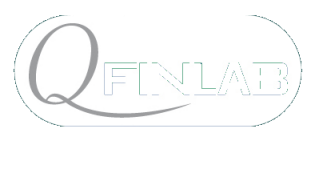From Networks to Neural Networks in Finance
Lake Como School of Advanced Studies – 14-18 June 2021
The School aims to present the state of the art on methodologies and applications of Neural Networks and Nets to finance. The expected audience of the school is provided by PhD student and young researchers interested in applications of Neural Networks and Nets to finance.
Program
The school is organized through three different initiatives:
- Four minicourses
- Lectures
- Workshops with students and participants to the school on developing research ideas.
Minicourses:
- Albert Diaz Guilera, Universitat de Barcelona (12 hours):
- Tomaso Aste UCL, London (6 hours): Information filtering networks for socio-economic systems
- Matteo Matteucci, Politecnico di Mialno (12 hours): Introduction to neural networks: from theory to practice
- Josef Teichmann, ETH Zurich (6 hours) (TBC)
Lectures:
- Christoffer Kok, European Central Bank, Contagion modelling at the ECB: analytical frameworks and policy usage
- Paolo Giudici, Università di Pavia, Network based credit risk models for peer to peer lending.
- Andrea Prampolini, Intesa Sanpaolo, Limit order book simulation with interactive agents
Detailed program: https://nnnf.lakecomoschool.org/program/
Speakers: https://nnnf.lakecomoschool.org/speakers/
Application: https://nnnf.lakecomoschool.org/application/
School Director:
Emilio Barucci
Dipartimento di Matematica
Politecnico di Milano
emilio.barucci@polimi.it
Scientific Committe:
Emilio Barucci, Roberto Baviera, Daniele Marazzina.
Organizing Committee:
Michele Azzone, Emilio Barucci, Roberto Baviera, Matteo Brachetta, Giancarlo Giuffra, Francesca Grassetti, Daniele Marazzina.
Website: https://nnnf.lakecomoschool.org/

